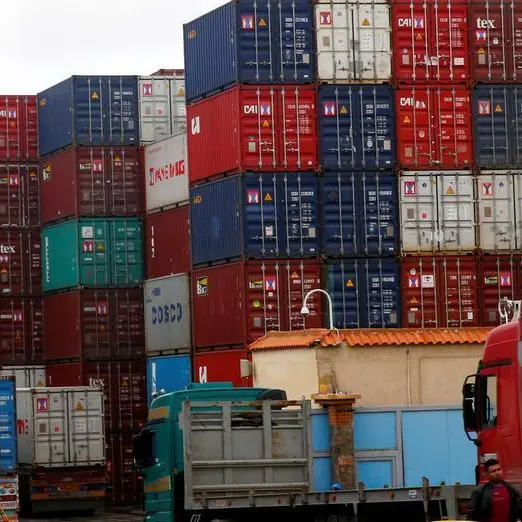PHOTO
Tunisia - A whole ecosystem was born from the ambition to turn the country into a regional technology hub since the adoption in 2018 of the Startup Act.
A comprehensive and coherent framework covering stages from labelling to funding was put in place with appropriate and operational mechanisms
Today, there is need to accelerate progress and address obstacles to make the dream come true, this is what Alaya Bettaieb, Director General of Smart Capital, and Zied Ben Othman, Director of ANAVA fund of funds, said in an interview with TAP.
Smart Capital is the authority in charge of implementing the national programme Startup Tunisia.
The two officials in charge of getting the initiative - Startup Tunisia- off the ground shed light on a long process full of difficulties with tenacity finally paying off.
"With 952 labelled startups out of a target 1,000 by 2024, sixty incubators/accelerators, 90 coworking spaces and ANAVA, with a target size of 100 million euros, we can say a new ecosystem has started seeing light of day for a new economy," Bettaieb highlighted.
"A new mindset is being born for a new generation of entrepreurs and business builders. There is need to oil the machinery," he added.
The promulgation of the Startup Act in 2018 unleashed a new dynamic in the country and was a first pillar in three as part of the Startup Tunisia initiative (Startup Act, Startup Invest and Startup Ecosystem).
In April 2019, a process got underway to launch monthly sessions in bid to grant 20 business labels to innovative and scalable startups.
"2020 was the year of the achievement and structuring of ANAVA and the Ecosystem component of Startup Tunisia.
2021 saw the effective launch of ANAVA, the first fund of funds to be denominated in euro. The latter is designed to boost the capital risk ecosystem in Tunisia through the creation of thirteen underlying funds by 2024 to meet the investment needs of startups from pre-start and growth to international expansion.
"As it is the case for any new project requiring new mechanisms, collaboration with the administration took longer than expected. This resulted in a prolonged phase for the operational implementation of the fund of funds, the creation of underlying funds and the release of funds intended for startups, mainly resident ones."
Out of the planned 13 underlying funds, ANAVA Director Zied Ben Othman said, seven will be dedicated to the pre-start phase, four to growth and two to expansion.
"We oftern see startups from all countries move to New York or Silicon Valley, " said Director General of Smart Capital. It is not a source of concern to see our startups leave for wider horizons. This is the best option for their future, especially as they often keep their offices in Tunisia.
Alaya Bettaieb was responding to a question about whether the national ecosystem of startups offers enough incentives to help a startup expand without having to relocate, especially after the aquisition of Tunisian startup Expensya (automotation of business expenditure management processes) and InstaDeep (AI) by Medius and BioNTech.
"Tunisia is a small market which does not offer big opportunties in foeign currency funding neither enough flexibility to hire international experts: the legal and administrative framework still presents a number of constraints. Thus, startups of a certain size opt for going international to expand. It is part of our mission to connect startups with international partners in a bid to offer them the opportunity to grow in Tunisia or elsewhere.
© Tap 2022 Provided by SyndiGate Media Inc. (Syndigate.info).




















